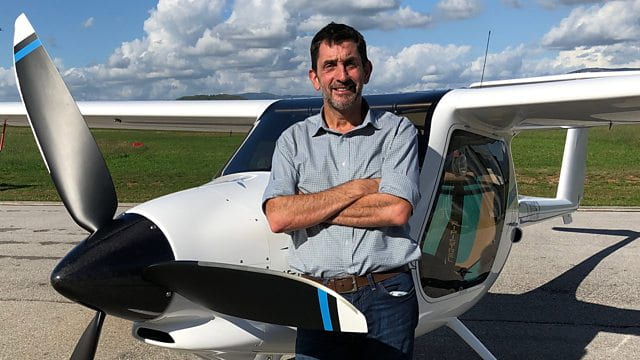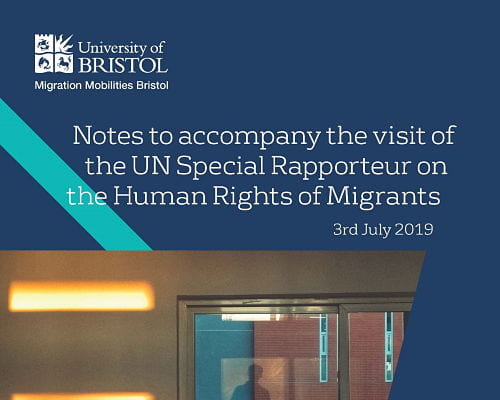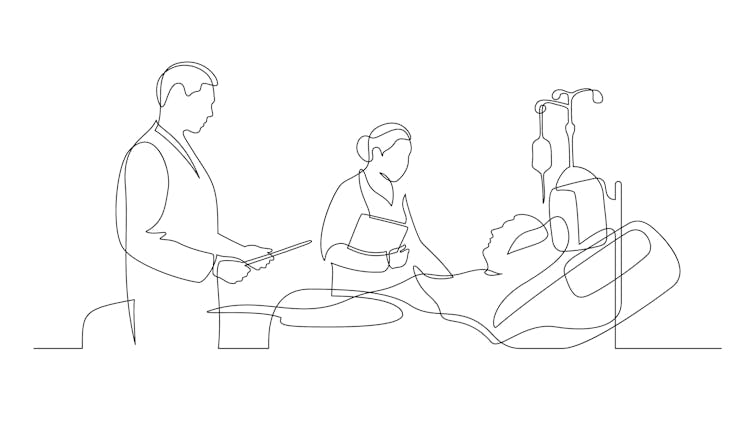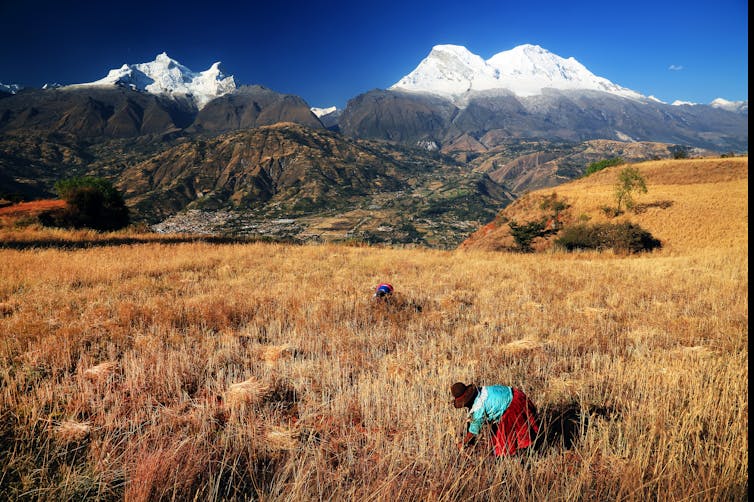
Dr Tobore Okah-Avae, Assistant Teacher, University of Bristol
The typical FTSE 100 CEO will have earned as much as the average UK worker earns in a year by 5pm on January 6 2020 – £29,559 for 33 hours of work, according to data compiled by the High Pay Centre think tank. By the close of the year, the same CEO would have earned £3.46 million – roughly 117 times the average wage in the UK. This is a staggering differential.
If you believe that excessive executive pay is a problem, this statistic illustrates the point perfectly. These figures even represent a reduction from previous years, although this is due more to shrinkage in overall CEO pay than increases at the bottom. And UK CEO pay actually pales in comparison to their counterparts in the US, where levels topped US$14.5m (£11.5m), representing a 287-1 differential with the average worker. Continue reading





 This week’s guest blog is by
This week’s guest blog is by 



